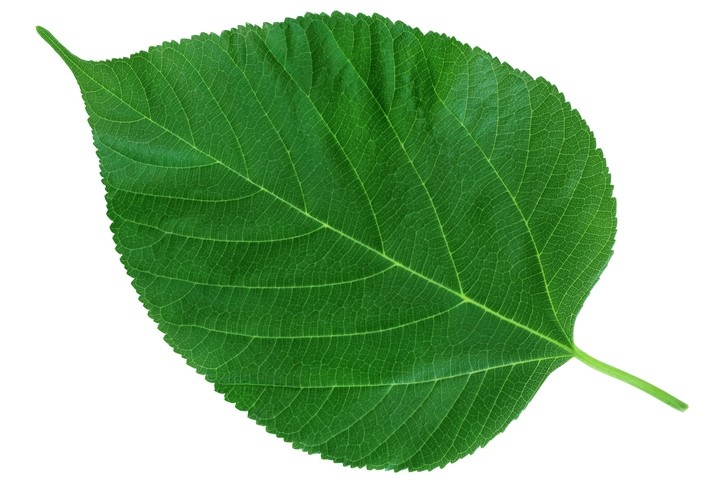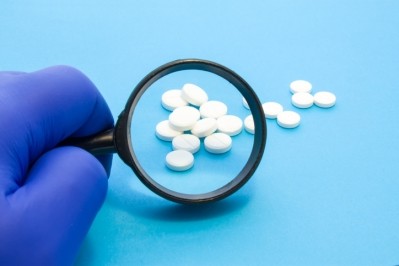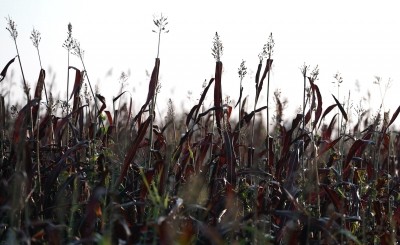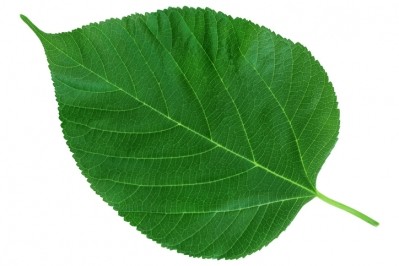Deeper dive into CAERS data shows how unlikely it is that white mulberry could have caused death

On December 15, 2021, Loretta McClintock, 61, wife of US Rep Tom McClintock, R-CA, was found unresponsive by her husband and was later pronounced dead in the hospital. She had reportedly been on a diet and was judged to have died from dehydration brought on by severe intestinal inflammation. A ‘partially intact’ white mulberry leaf was reportedly found in her stomach, which resulted in a rush to judgement in which it was reported in the popular press that she died as a result of consuming the botanical.
As was reported by NutraIngredients-USA on Friday, adverse events expert Rick Kingston, PharmD, head of scientific and regulatory affairs for SafetyCall International, said that white mulberry leaf was an unlikely culprit, judging from the dearth of adverse events reports associated with the botanical.
At the time, Kingston, who is also a professor in the School of Pharmacy at the University of Minnesota, said that there were only two adverse events reports linked to white mulberry leaf in the CAERS database. That is the US Food and Drug Administration’s repository for all supplement and food related adverse events reports.
Expert: CAERS cases can’t be used to point finger at white mulberry
Since then, Kingston said he had time to do a deeper dive into those reports. That examination further bolstered the idea that it’s extremely unlikely that white mulberry leaf by itself had anything to do with Ms McClintock’s death.
In both of the CAERS entries, multiple natural products were detailed on the adverse events reports. Both incidents involved older women who were using multiple products at the same time.
“First, it is truly tragic that this woman passed and everyone including the family deserve some answers regarding what happened. As this incident continues to garner interest from the public, a closer examination of the limited information that is out there regarding any role of mulberry leaf raises new questions,” Kingston said.
“There are a couple of cases in the FDA CAERS database that include mulberry-containing products. Closer scrutiny of the limited information that is available reveal that in one case involving a 77-year-old female, there were actually 31 different products that the individual was consuming with all but three considered suspect. The second incident involved a 54-year-old female where there were five products that were consumed, one of which included mulberry,” Kingston said.
This leads to the inescapable conclusion that there is little chance of assigning causation in either case, especially when it’s unclear how regularly those subjects were ingesting the many products they were reportedly using and in what dosages.
Kingston also said that the results of a study mentioning white mulberry has been widely misreported in the mainstream media.
“A published study involving mulberry extract is being reported by various media outlets of demonstrating mulberry causes gastrointestinal effects. A closer look at the study revealed that when different doses of mulberry extract was compared with the placebo, in the words of the researchers, ‘There were no statistically significant differences between any of the treatment groups in the odds of experiencing one or more gastrointestinal symptoms through repeated measures logistic regression,’ ” Kingston said.
Botanical has well documented history of safety
Others familiar with botanical ingredients and the testing thereof voiced similar concerns.
Roy Upton, Dip AYU, founder and president of the American Herbal Pharmacopoeia, said in the herbal medicinal field white mulberry (Morus alba) has been consumed as a tea and has been formulated in supplements for years and is considered highly safe.
“According to the Botanical Safety Handbook, it has a safety rating of 1 and an interaction of A, meaning there were no reports of known adverse effects in reviewing the literature up until 2013 and no knowledge of such adverse effects occurring by the team involved in that safety review. Chinese Herbal Medicine by Bensky et al. (3rd edition), one of the most comprehensive English language materia medicas available developed by scholarly experts, list no cautions or contraindications with mulberry leaf use,” Upton wrote in a commentary supplied to NutraIngredients-USA.
Upton also cautioned that mainstream media reports have raised the old criticism of an ‘unregulated’ supplement industry, without taking note of adverse event reporting system that is in place, the GMP regulations supplement manufacturers must comply with, etc.
Whole leaf ingestion highly unusual
In addition, Upton said finding even a portion of a whole mulberry leaf in Ms McClintock’s stomach raising a host of questions for anyone familiar with the use of this botanical. Ingestion of whole leaves, which are rough and unpalatable, is highly unusual, and the leaves themselves are not readily available.
“No one with any knowledge of the leaves would eat them raw and dry. Few individuals would know where to obtain intact mulberry leaves,” Upton said. The only place he has seen bulk leaves for sale is in Chinatown districts, with the general understanding that they are used to brew teas.
Analysis of product itself
James Kababick, head of Flora Research Laboratories, said he wished it were possible to obtain a sample of whatever product Ms McClintock had been using for analysis. He said it’s possible that her fatal illness was caused by an unidentified contaminant or an undisclosed active pharmaceutical ingredient.
He also said he’d like to be able to confirm that the material found was in fact white mulberry leaf. Upton raised a similar issue, saying that if DNA technology had been used he’d like to know which lab did that analysis, as there have been instances of incorrect identification using this approach.
















